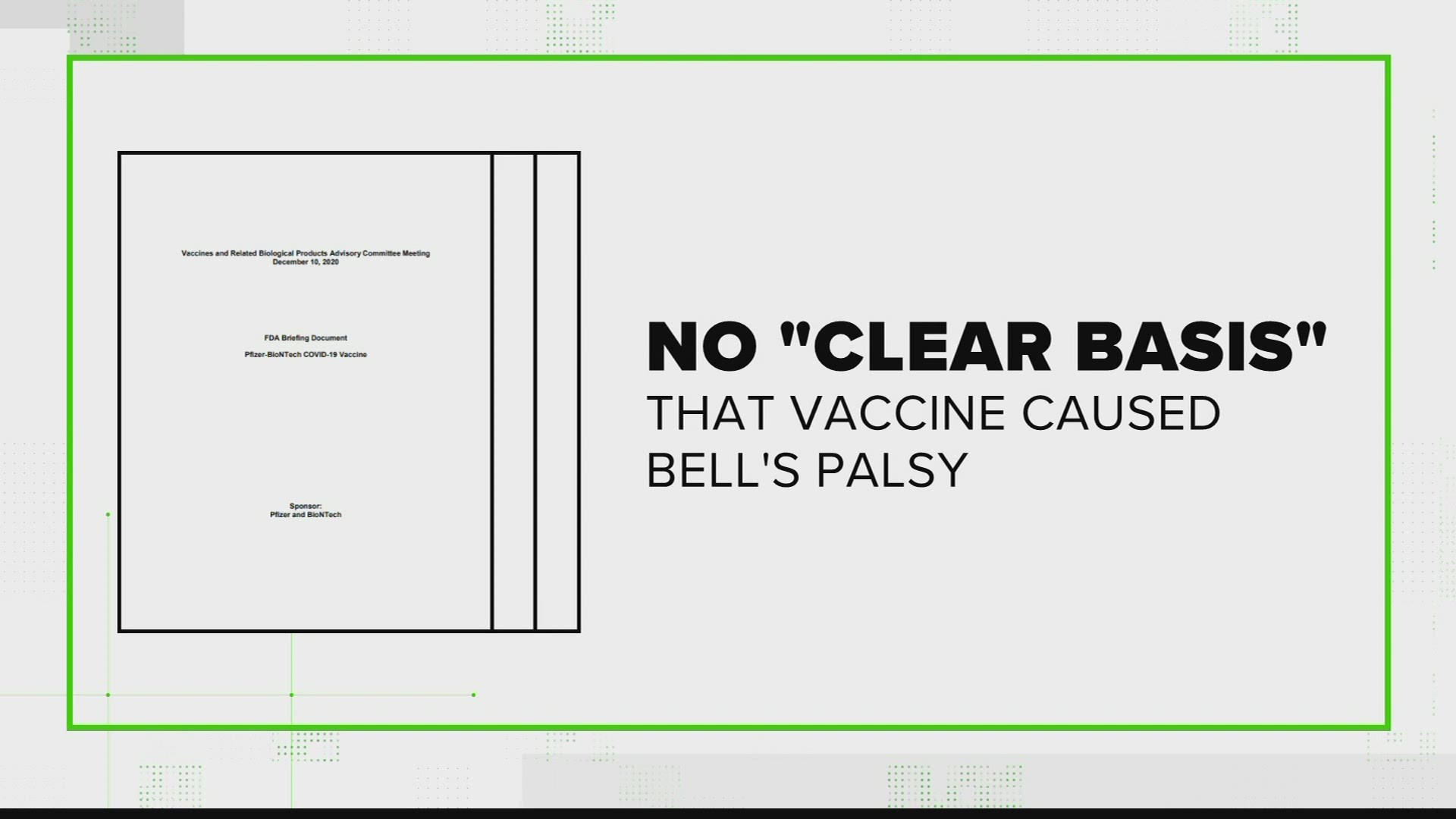IOWA CITY, Iowa — The University of Iowa is taking part in a clinical trial for a COVID-19 vaccine made by Novavax, Inc.
The trial is taking place over multiple states and will enroll 30,000 people total to test the efficacy, safety and tolerability of their vaccine. Two-hundred fifty of those participants will be from the University of Iowa's involvement in the trial.
According to a spokesperson from the university, the participants will get two doses of the vaccine 21 days apart. Two-thirds of participants are getting the active vaccine and one-third is getting a placebo injection.
Participants will be evaluated throughout about 10 visits to see if they're experiencing any side effects. They will be tracked for up to two years to see if they develop COVID-19 symptoms.
People who are over age 18 and are not pregnant may be eligible to take part in the study. Researchers are mainly focused on recruiting people over age 65, have chronic medical conditions, work jobs that put them at higher risk for contracting the virus or are members of underrepresented populations.
“Different types of vaccines are helpful because certain people might respond better to one type of vaccine than another,” says Patricia Winokur, MD, executive dean of the University of Iowa Carver College of Medicine, and principal investigator for the UI trial site for the Novavax vaccine.
Novavax's vaccine method is different from Pfizer and Moderna. It creates an immune response by injecting a piece of the SARS-CoV-2 virus along with a compound to stimulate the immune system.
"Because the vaccine does not contain the whole virus, it cannot cause COVID-19," read a statement from the university about the vaccine. "This so-called subunit vaccine is the same technology that has been used previously for seasonal flu shots"
For the Pfizer vaccine, instead of injecting you with a tiny piece of the virus, the new generation of COVID-19 vaccines rely on RNA molecules that actually send messages and provide instructions to your cells. Those instructions direct your body to produce proteins that will trigger your immune system, telling it to make antibodies that can fight coronavirus if you contract it.
The bottom line is, mRNA vaccines do not expose patients to a live virus and they are not manufactured using eggs. So they should not trigger that type of allergy in folks who must avoid egg products.
If you're interested in taking part in the Novavax study, you can visit this website or email recruit-vaccine-research@uiowa.edu.

